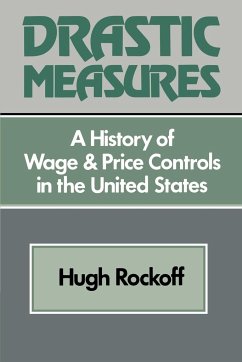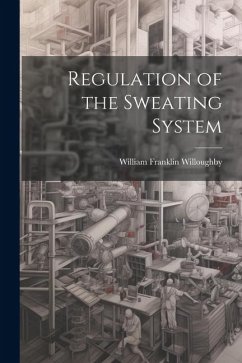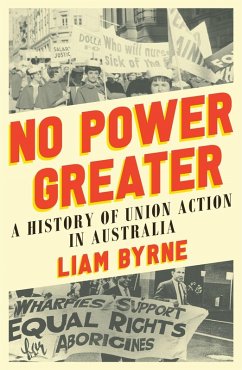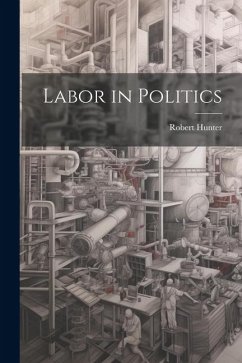
The Struggle for Market Power
Industrial Relations in the British Coal Industry, 1800 1840

PAYBACK Punkte
20 °P sammeln!
An account of the respective market ideologies of capital and labour during the Industrial Revolution.During the Industrial Revolution, class relations were defined largely through the struggle to control the terms of exchange in the market. Integrating aspects of economic and social history as well as industrial sociology, this book examines the sources of the perception of the market on the part of both capital and labour and the elaboration of their alternative market ideologies. Of particular import is the argument that working-class culture expressed a fundamental acceptance of the utilit...
An account of the respective market ideologies of capital and labour during the Industrial Revolution.
During the Industrial Revolution, class relations were defined largely through the struggle to control the terms of exchange in the market. Integrating aspects of economic and social history as well as industrial sociology, this book examines the sources of the perception of the market on the part of both capital and labour and the elaboration of their alternative market ideologies. Of particular import is the argument that working-class culture expressed a fundamental acceptance of the utility of the market, a point that is supported by a detailed analysis of the labour process, workplace bargaining, and early-nineteenth-century trade unionism. The determination of market relations in this era therefore became a function of both class power and ideological prescription.
Table of content:
Acknowledgments; Abbreviations; Introduction; 1. Capital and credit; 2. The perception of the market and industrial policy; 3. Managerial capitalism; 4. Family, community, and the labor market; 5. Work and the ideology of the market; 6. Religion, ideology, and trade unions; 7. The transformation of market relations: Tommy Hepburn's union, 1831; 8. Epilogue: class struggle and market power; Conclusion: the labor process and the market; Appendix; Select bibliography; Index.
During the Industrial Revolution, class relations were defined largely through the struggle to control the terms of exchange in the market. Integrating aspects of economic and social history as well as industrial sociology, this book examines the sources of the perception of the market on the part of both capital and labour and the elaboration of their alternative market ideologies. Of particular import is the argument that working-class culture expressed a fundamental acceptance of the utility of the market, a point that is supported by a detailed analysis of the labour process, workplace bargaining, and early-nineteenth-century trade unionism. The determination of market relations in this era therefore became a function of both class power and ideological prescription.
Table of content:
Acknowledgments; Abbreviations; Introduction; 1. Capital and credit; 2. The perception of the market and industrial policy; 3. Managerial capitalism; 4. Family, community, and the labor market; 5. Work and the ideology of the market; 6. Religion, ideology, and trade unions; 7. The transformation of market relations: Tommy Hepburn's union, 1831; 8. Epilogue: class struggle and market power; Conclusion: the labor process and the market; Appendix; Select bibliography; Index.














